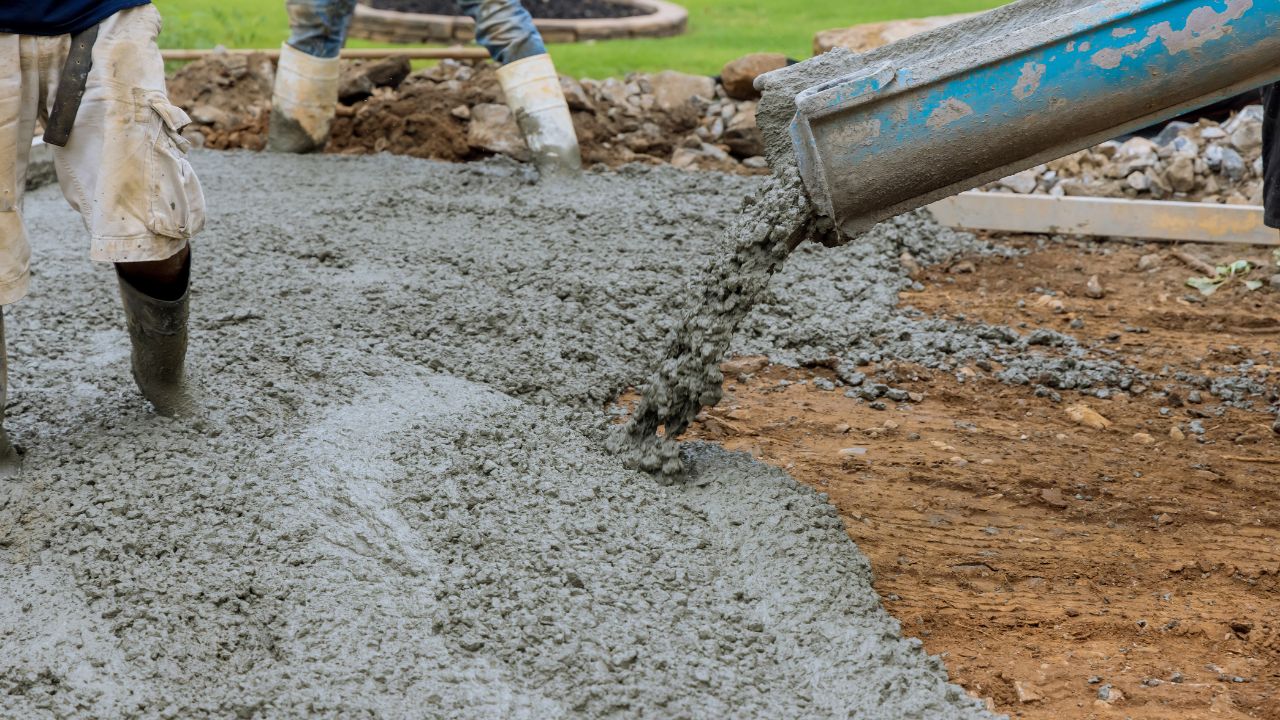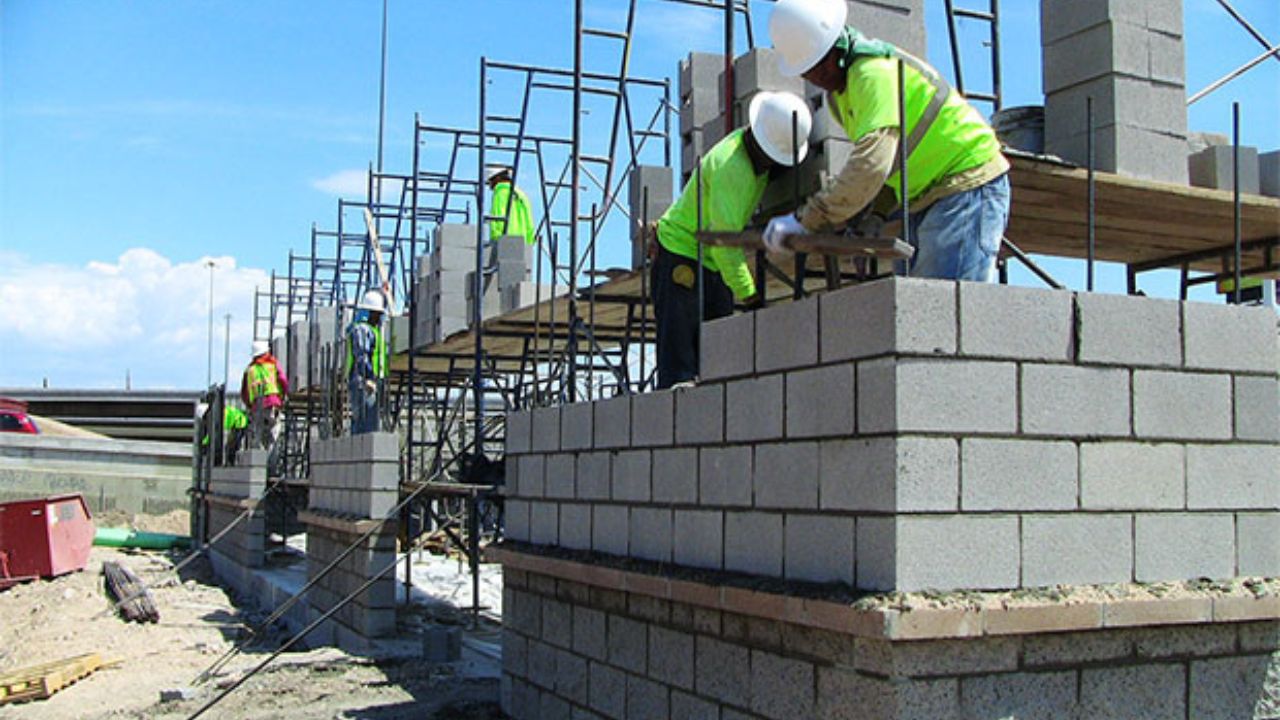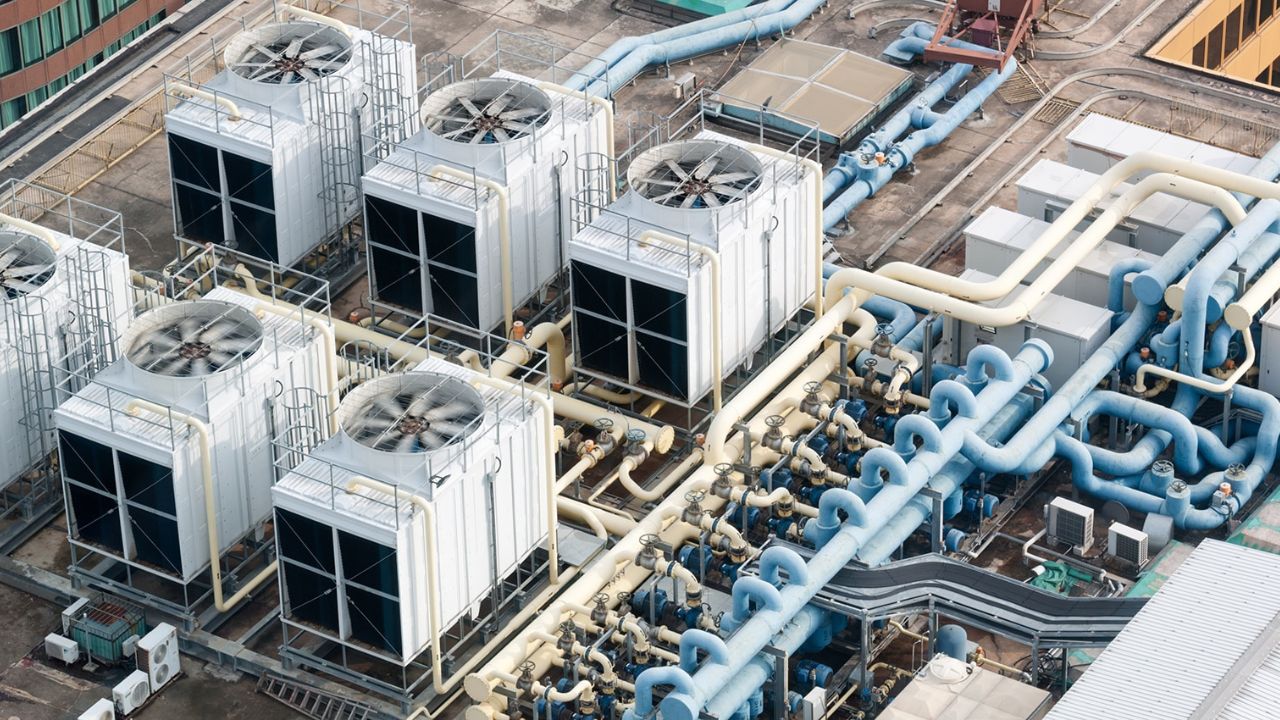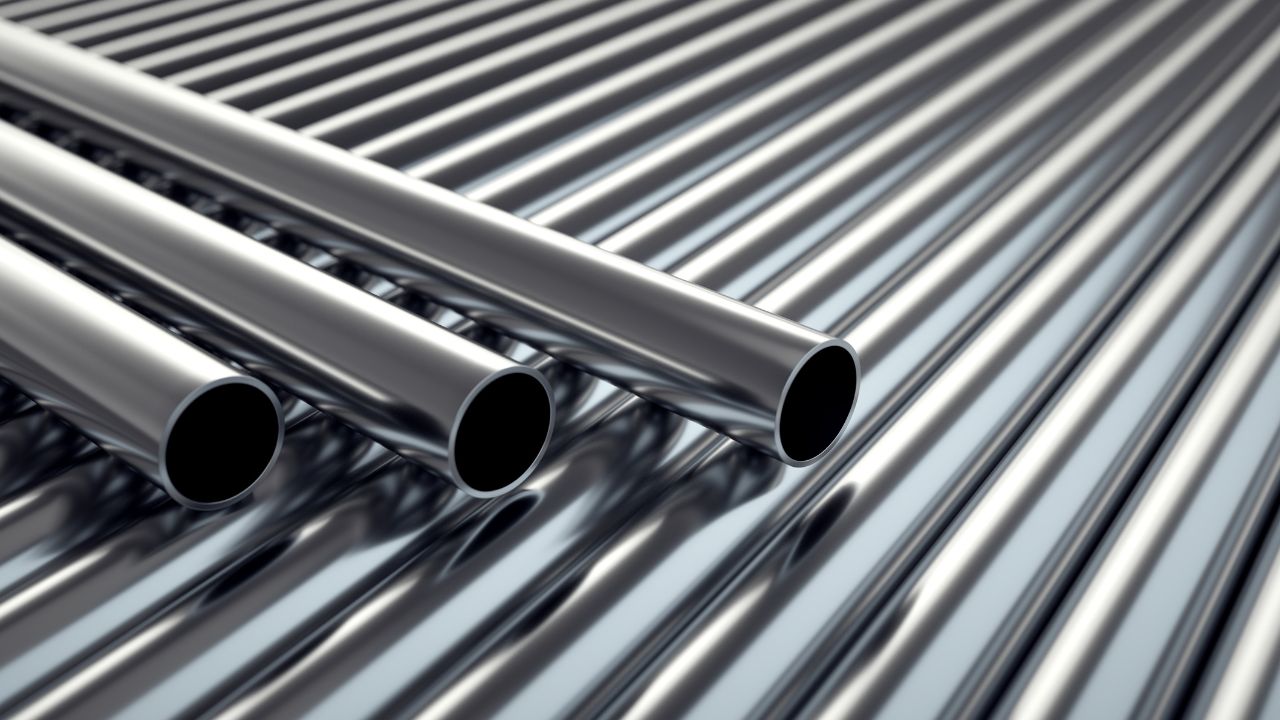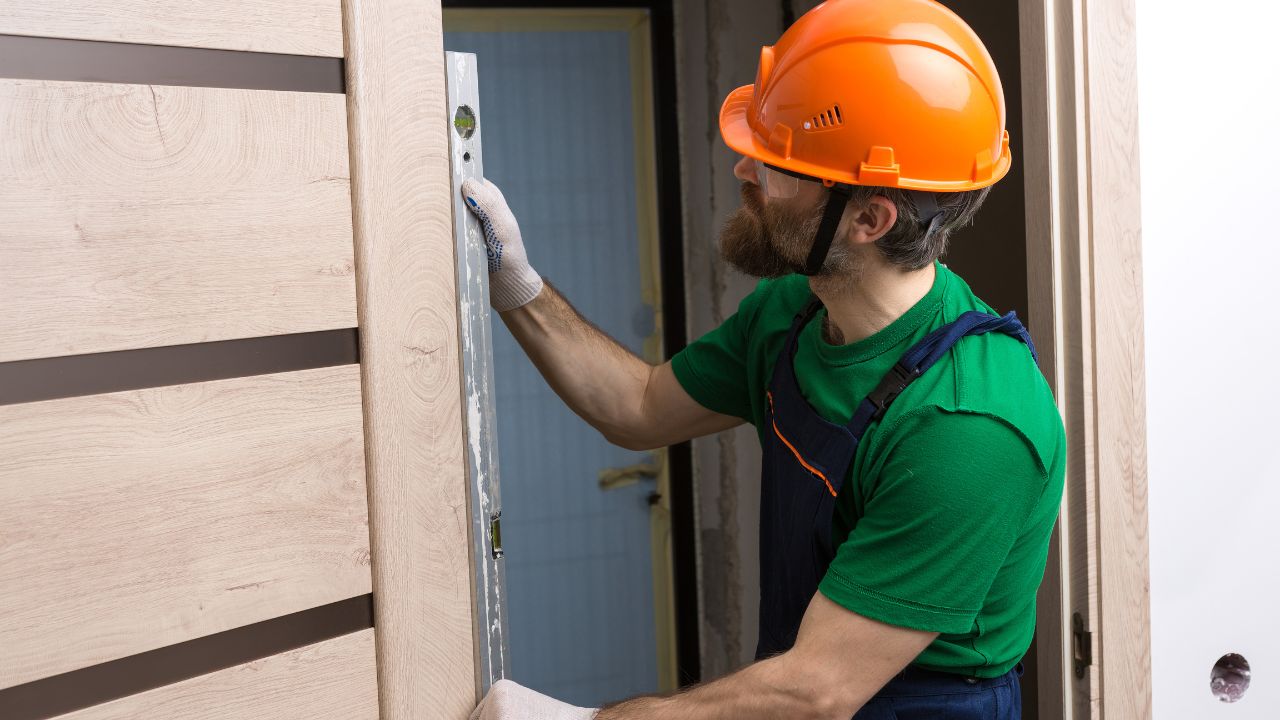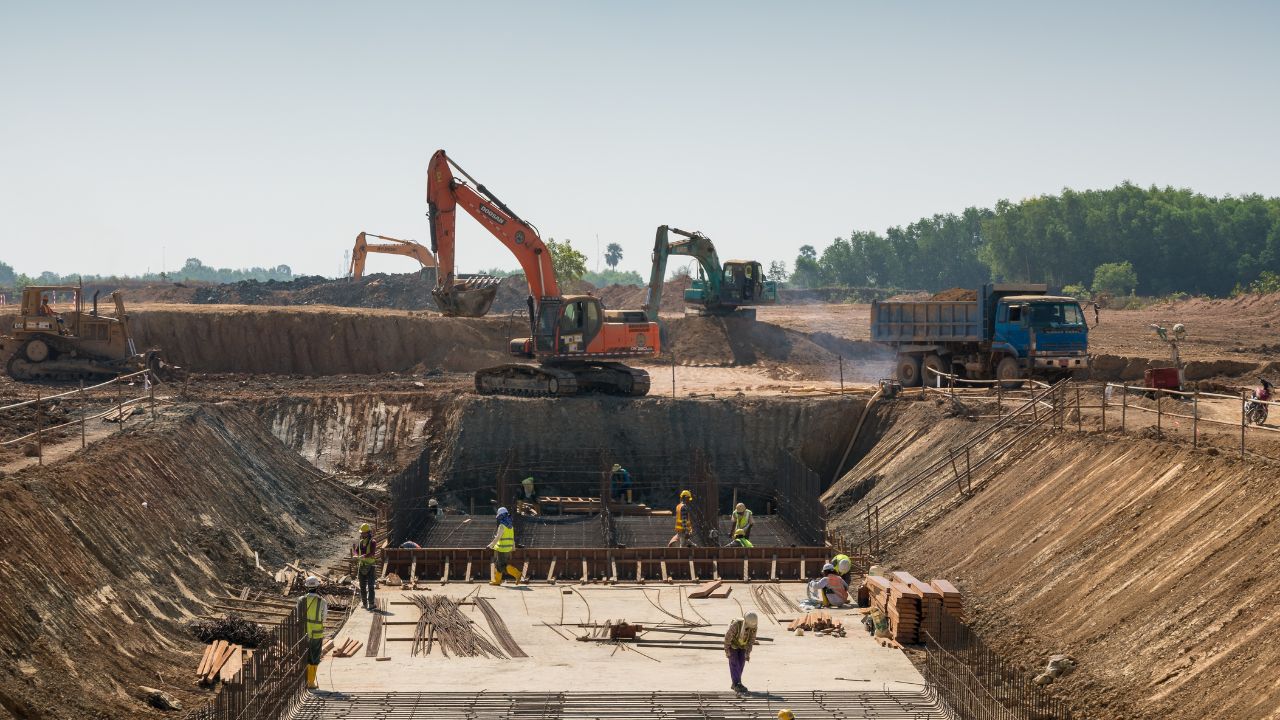Floor drains are indispensable components in both residential and commercial buildings, providing an effective solution for managing water accumulation in various spaces such as bathrooms, kitchens, basements, and industrial areas. The proper installation of floor drains ensures that water is efficiently removed from floors, preventing issues such as flooding, water damage, and slippery conditions that can lead to accidents. Whether you’re installing new floor drains or replacing existing ones, having a thorough understanding of the associated costs is crucial for effective budgeting and planning. Estimate Florida Consulting offers expert cost estimator services designed to help you plan and execute your floor drain installation or replacement project with the highest level of precision, ensuring that your project stays within budget while meeting all performance and safety standards.
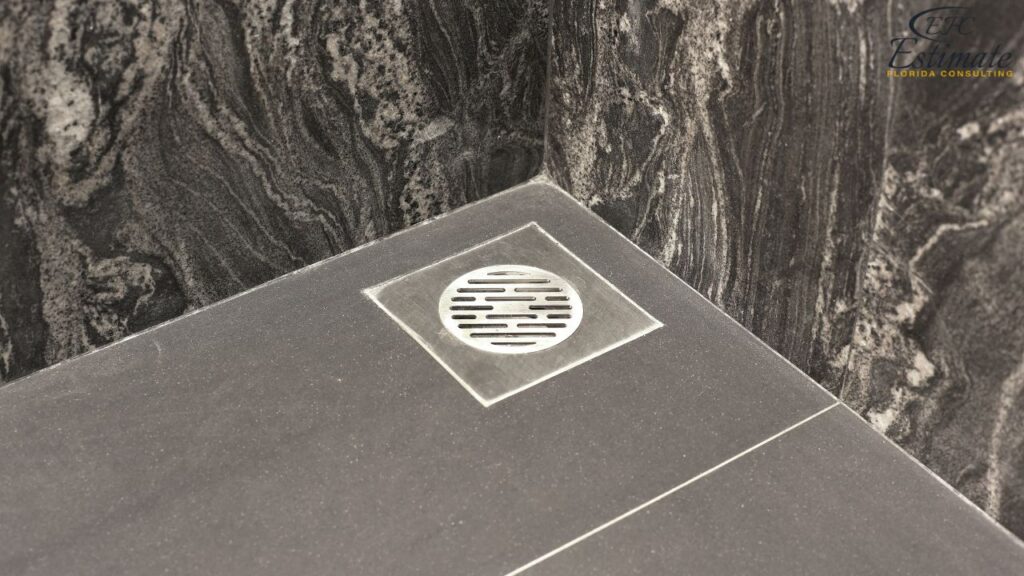
How Much Do Floor Drains Installation Cost?
The cost of installing floor drains can vary widely, influenced by several key factors such as the type of drain, the material from which it is made, the complexity of the installation process, and the associated labor costs. On average, the cost of floor drain installation ranges from $300 to $2,000 or more per drain, depending on the specifics of the project. For instance, the choice of material (whether cast iron, stainless steel, or PVC), the number of drains required, and the complexity of the installation environment all play significant roles in determining the overall cost. Understanding these cost elements is essential for effective budgeting and planning, ensuring that your project remains financially viable while achieving the desired outcomes.
When estimating floor drains, include floor drains in drainage costs for a complete system budget.
Factors Influencing Floor Drains Costs
The cost of floor drains can vary widely depending on several factors, including the type of drain, material, size, installation complexity, and additional features like grates or backflow prevention. Understanding these factors will help you estimate the total cost of your floor drain project and make informed decisions that align with your budget and specific requirements. Being aware of these factors also allows for better project planning, ensuring that all aspects of the installation are covered and that there are no surprises down the road.
Type of Floor Drain: Standard, Trench, or Specialty
The type of floor drain you choose is one of the most significant factors affecting the overall cost. Different types of floor drains serve specific functions within a space, and each type has its own cost range based on its complexity, capacity, and application. Selecting the right type of floor drain for your specific needs is crucial for both functionality and cost-effectiveness.
Type of Floor Drain | Average Cost per Drain (Material Only) |
Standard Floor Drain | $30 – $150 |
Trench Drain | $50 – $300 |
Specialty Floor Drain (e.g., grease traps, sediment traps) | $100 – $500 |
Standard Floor Drain:
Standard floor drains are the most common type and are used in a variety of settings, including residential basements, bathrooms, laundry rooms, and garages. These drains typically feature a simple design with a grate cover and a built-in trap to prevent sewer gases from entering the space. The cost of a standard floor drain ranges from $30 to $150, depending on the material, size, and brand. Standard floor drains are ideal for areas with moderate water flow and are available in various sizes to fit different floor types and drainage requirements. For instance, in a residential bathroom, a standard floor drain might be installed in the center of the floor to efficiently collect and remove water from showers or leaks. Additionally, standard drains are often designed for easy maintenance, making them a practical choice for homeowners looking to keep long-term costs low.
Trench Drain:
Trench drains, also known as channel drains, are long, narrow drains used to capture surface water over a larger area. These drains are commonly installed in driveways, garages, commercial kitchens, and industrial facilities where large volumes of water need to be quickly removed. The cost of a trench drain ranges from $50 to $300 per linear foot, depending on the material, width, and load rating. Trench drains are ideal for areas with heavy water flow or where water needs to be captured across a wide surface area. They can be customized to fit specific dimensions and are available with various grate designs to suit different applications. For example, in a commercial kitchen, a trench drain might run along the length of a cooking line, collecting water, grease, and other liquids that spill onto the floor during food preparation. In industrial settings, trench drains are often used to handle runoff from large machinery or to manage water flow in processing plants, where cleanliness and safety are paramount. The versatility and efficiency of trench drains make them an excellent investment for high-traffic or high-volume areas.
Specialty Floor Drain:
Specialty floor drains are designed for specific applications, such as grease traps, sediment traps, or drains with built-in backflow prevention. These drains are often used in commercial kitchens, industrial settings, and areas where specific types of waste need to be captured and separated. The cost of a specialty floor drain ranges from $100 to $500, depending on the complexity and features of the drain. Specialty drains are essential for meeting specific regulatory requirements and ensuring that waste is properly managed and disposed of. When selecting a specialty floor drain, consider the specific needs of your application, as well as any local codes or regulations that may apply.
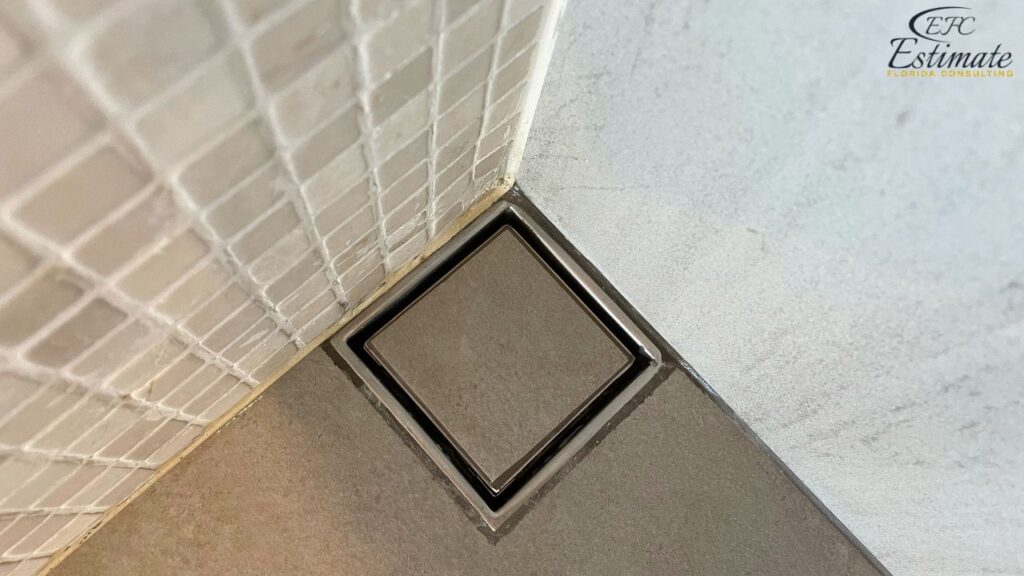
For instance, in a restaurant kitchen, a grease trap is vital for preventing grease and oil from entering the sewage system, which could otherwise cause blockages and environmental issues. In industrial settings, sediment traps might be required to capture particulate matter before it enters the drainage system, protecting both the plumbing infrastructure and the environment. Investing in specialty drains can also reduce long-term maintenance costs by preventing clogs and ensuring that the drainage system operates smoothly.
Material: Stainless Steel, Cast Iron, PVC, or Brass
The material of the floor drain plays a significant role in determining the cost, durability, and suitability for different environments. The choice of material should be based on the specific needs of the space, including the type of liquids being drained, the load the drain will bear, and the environmental conditions.
Material | Average Cost per Drain (Material Only) |
Stainless Steel | $100 – $500 |
Cast Iron | $50 – $200 |
PVC | $30 – $100 |
Brass | $80 – $300 |
Stainless Steel:
Stainless steel floor drains are highly durable and resistant to corrosion, making them ideal for commercial kitchens, industrial facilities, and other environments where hygiene and longevity are critical. The cost of a stainless steel floor drain ranges from $100 to $500, depending on the size, design, and brand. Stainless steel drains are also resistant to staining and can withstand harsh cleaning chemicals, making them a popular choice for areas where cleanliness is a top priority. Additionally, stainless steel drains offer a sleek, modern appearance that can complement contemporary design aesthetics. In environments where both functionality and aesthetics are important, such as in upscale restaurants or high-end hotels, stainless steel floor drains provide an excellent combination of durability and style. Moreover, stainless steel’s resistance to rust and corrosion ensures that these drains will maintain their appearance and performance for many years, even in challenging environments where exposure to water and chemicals is constant.
Get High-Quality 3D Rendering Services Today!
Transform your space with stunning 3D Rendering that blends style, comfort, and functionality.
We Specialize in Both Residential and Commercial 3D Rendering Projects.
- Luxury Villas
- Apartment Complexes
- Home
- Condominium
- Office Buildings
- Shopping Malls
- Hospitals
- Hotels & Resorts
Cast Iron:
Cast iron floor drains are known for their strength and durability, making them suitable for heavy-duty applications in industrial settings, garages, and outdoor areas. The cost of a cast iron floor drain ranges from $50 to $200, depending on the size and load rating. Cast iron drains are capable of handling heavy loads and are resistant to impact and wear, making them a reliable choice for areas with high traffic or where the drain will be exposed to heavy machinery or vehicles. However, cast iron drains require regular maintenance to prevent rust and corrosion, especially in wet or humid environments. In industrial settings, cast iron floor drains are often chosen for their ability to withstand the weight and wear associated with heavy equipment and frequent use. However, their susceptibility to rust means that regular inspection and maintenance are necessary to ensure long-term performance. Despite these maintenance needs, the robust nature of cast iron makes it an excellent choice for environments where durability is a top priority.
PVC:
PVC (Polyvinyl Chloride) floor drains are lightweight, affordable, and resistant to corrosion, making them a popular choice for residential applications. The cost of a PVC floor drain ranges from $30 to $100, depending on the size and design. PVC drains are easy to install and are commonly used in basements, bathrooms, and laundry rooms. While PVC is not as durable as metal options, it offers a cost-effective solution for areas with low to moderate water flow. PVC drains are also available in a variety of sizes and configurations, making them a versatile option for different plumbing setups. For homeowners, PVC floor drains provide an economical and efficient solution for managing water in areas such as basements or utility rooms, where ease of installation and resistance to corrosion are more important than extreme durability.
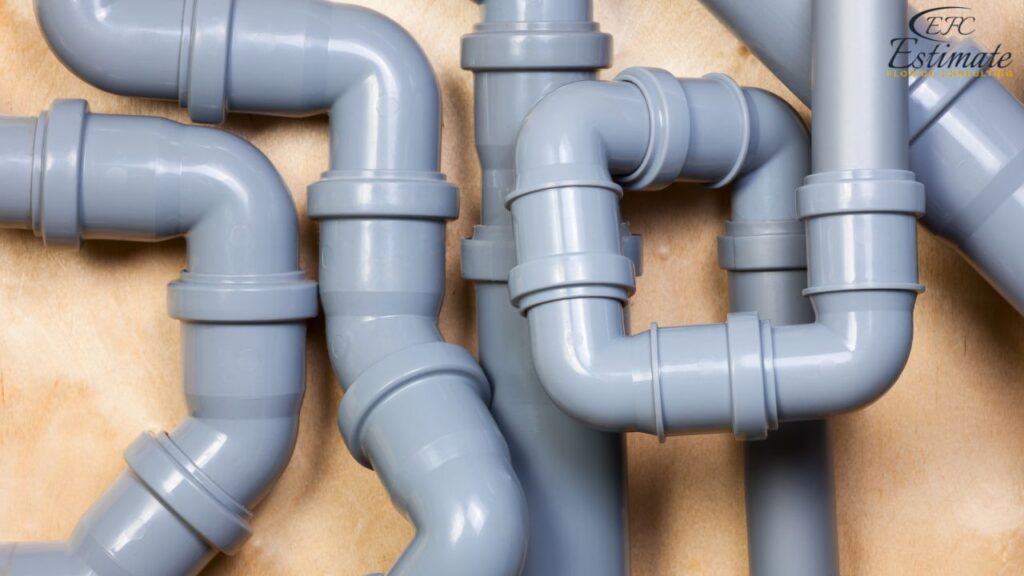
Additionally, PVC drains are resistant to many chemicals, making them a good choice for environments where occasional exposure to cleaning agents or other chemicals is expected.
Brass:
Brass floor drains offer a good balance of durability, corrosion resistance, and aesthetics, making them suitable for both residential and commercial applications. The cost of a brass floor drain ranges from $80 to $300, depending on the size and design. Brass drains are known for their longevity and ability to withstand harsh environments, making them a reliable choice for bathrooms, showers, and other areas where water exposure is frequent. In addition to their functional benefits, brass drains offer a classic, timeless appearance that can enhance the look of any space. Brass is often chosen for its resistance to corrosion and tarnish, which means that it will retain its appearance and functionality over time, even in wet or humid environments. For homeowners and designers seeking a combination of style and performance, brass floor drains are an excellent choice that adds a touch of elegance to any bathroom or kitchen, while also providing reliable drainage.
Size: Sizing for Your Space
The size of the floor drain will also affect the cost, with larger drains generally being more expensive. The size of the drain should be selected based on the expected water flow, the size of the area being drained, and the type of flooring. Proper sizing is crucial to ensure that the drain can handle the water flow efficiently without causing backups or flooding.
Drain Size | Cost Range per Drain (Material Only) |
2-Inch Diameter | $30 – $100 |
4-Inch Diameter | $50 – $200 |
6-Inch Diameter | $80 – $300 |
8-Inch Diameter or Larger | $100 – $500 |
2-Inch Diameter:
Floor drains with a 2-inch diameter are commonly used in residential bathrooms, laundry rooms, and small utility areas. The cost for these drains ranges from $30 to $100. This size is sufficient for handling low to moderate water flow and is often used in areas where the drain will be connected to a smaller plumbing system. A 2-inch drain is ideal for compact spaces where larger drains would be unnecessary or difficult to install. For example, in a small bathroom, a 2-inch floor drain can efficiently manage water runoff from showers or sinks, preventing water from pooling on the floor and reducing the risk of slips and falls. Additionally, these smaller drains are easier to install and require less disruption to the existing flooring, making them a convenient choice for renovations or retrofits.
4-Inch Diameter:
A 4-inch diameter drain is typically used in larger residential areas, such as basements, garages, or outdoor patios, as well as in small commercial spaces. The cost for a 4-inch drain ranges from $50 to $200. This size provides a good balance between capacity and cost, ensuring adequate drainage for areas with moderate water flow. A 4-inch drain is also commonly used in showers and wet rooms where efficient water removal is essential. In a residential basement, for instance, a 4-inch floor drain can handle runoff from multiple sources, such as a washing machine, utility sink, or water heater, helping to prevent flooding and water damage. For commercial applications, a 4-inch drain might be used in a small restaurant kitchen to manage spills and cleaning water, ensuring that the work environment remains safe and sanitary.
6-Inch Diameter:
Six-inch diameter drains are often used in commercial kitchens, industrial facilities, and other areas where high volumes of water need to be drained quickly. The cost for these drains ranges from $80 to $300. A 6-inch drain is capable of handling heavy water flow, making it suitable for environments where spills, cleaning, or equipment washing are frequent. This size is also ideal for areas where large amounts of runoff need to be managed, such as in warehouses, manufacturing plants, or food processing facilities. In an industrial setting, a 6-inch floor drain can efficiently manage wastewater from large-scale cleaning operations, helping to maintain a clean and safe work environment. Additionally, the larger capacity of a 6-inch drain ensures that it can handle sudden surges of water, reducing the risk of backups or overflows that could disrupt operations.
8-Inch Diameter or Larger:
Floor drains with an 8-inch diameter or larger are typically used in heavy-duty industrial applications, large commercial spaces, and outdoor areas that require maximum drainage capacity. The cost for these drains ranges from $100 to $500. These large drains are designed to handle significant water flow and are often used in settings such as parking garages, warehouses, large commercial kitchens, or outdoor plazas where large volumes of water need to be managed efficiently. For instance, in a large warehouse, an 8-inch floor drain can handle runoff from cleaning machinery, forklifts, and other equipment, ensuring that the floor remains dry and safe for workers. In outdoor applications, such as in parking lots or public plazas, large floor drains are essential for managing rainwater and preventing flooding during heavy storms. The investment in larger drains is justified by their ability to handle extreme conditions and maintain the functionality and safety of the space.
Installation Complexity: Factors Affecting Labor Costs
The complexity of the installation can significantly impact the total cost of your floor drains project. Factors such as the layout of the plumbing system, accessibility, the need for specialized tools, and the material of the drains all influence labor costs. Proper planning and consideration of these factors can help ensure a smooth installation process and avoid unexpected expenses.
Installation Complexity | Average Labor Cost per Drain |
Simple Installation | $100 – $300 |
Moderate Installation | $300 – $700 |
Complex Installation | $700 – $1,500 |
Want to Start Your Project with the Best Contractors?
Let’s Take Your Projects to the Next Level.
& What's you will get:
- Connecting You to Top Local Contractors
- Professional Consulting, Contractors Near You
- From Expert Advice to Local Contractor Connections
Contact Now
Let's discuss with a cup of coffe
Simple Installation:
Simple installations involve straightforward setups, such as replacing old drains with new ones of the same size and material in easily accessible locations. Labor costs for simple installations range from $100 to $300 per drain. These installations are typically quick and cost-effective, requiring minimal tools and expertise. Simple installations are common in residential settings where the plumbing system is easily accessible, and the drains are not subject to extreme conditions or pressures. For example, installing a new floor drain in a residential laundry room where the existing plumbing is already in place would be considered a simple installation. The straightforward nature of these installations means that they can often be completed in just a few hours, minimizing disruption to the household and reducing labor costs.
Moderate Installation:
Moderate installations may involve more challenging work, such as installing drains in confined spaces, upgrading pipe sizes, or switching to a different material. Labor costs for moderate installations range from $300 to $700 per drain. This level of installation requires more time, expertise, and possibly additional tools, particularly if the new drains need to be adapted to existing pipes or integrated into a more complex system. Moderate installations are common in commercial buildings or older homes where the plumbing system may require updates or modifications to meet current standards. For instance, installing a new trench drain in a commercial kitchen where space is limited and the existing plumbing needs to be modified would be considered a moderate installation. The additional time and effort required to navigate these challenges contribute to the higher labor costs.
Moderate Installation:
Moderate installations may involve more challenging work, such as installing drains in confined spaces, upgrading pipe sizes, or switching to a different material. Labor costs for moderate installations range from $300 to $700 per drain. This level of installation requires more time, expertise, and possibly additional tools, particularly if the new drains need to be adapted to existing pipes or integrated into a more complex system. Moderate installations are common in commercial buildings or older homes where the plumbing system may require updates or modifications to meet current standards. For instance, installing a new trench drain in a commercial kitchen where space is limited and the existing plumbing needs to be modified would be considered a moderate installation. The additional time and effort required to navigate these challenges contribute to the higher labor costs.
Complex Installation:
Complex installations involve significant challenges, such as installing drains in hard-to-reach areas, dealing with high-pressure systems, or working in environments where precise alignment and sealing are critical. Labor costs for complex installations range from $700 to $1,500 per drain. These projects require specialized tools, advanced skills, and careful planning to ensure that the drains are installed correctly and the system operates safely and efficiently. Complex installations are often required in industrial settings or critical infrastructure projects where the stakes are high and the margin for error is low. For example, installing large-diameter floor drains in an industrial facility where precise alignment with existing infrastructure is crucial would be considered a complex installation. The complexity of these projects often necessitates the involvement of experienced professionals who can navigate the challenges and ensure a successful outcome. Additionally, complex installations may require coordination with other trades, such as electricians or HVAC specialists, further increasing labor costs.
Estimating the Total Cost: A Detailed Example for a Commercial Kitchen Project
To provide a clearer understanding of what to expect, here’s an example of estimating the cost for installing floor drains in a commercial kitchen, including the drains, materials, and labor.
- Trench Drains (Stainless Steel, 4-Inch Wide): $150 per linear foot
- Standard Floor Drains (Brass, 4-Inch Diameter): $200 per drain
- Labor (Moderate Installation): $500 per drain
Cost Component | Low Estimate | High Estimate |
Trench Drains (20 feet) | $3,000 | $6,000 |
Standard Floor Drains (3 drains) | $600 | $900 |
Labor (3 drains, 20 feet of trench) | $1,500 | $3,500 |
Total Estimated Cost | $5,100 | $10,400 |
This example demonstrates how various components contribute to the overall cost of your floor drain installation project. By understanding these costs, you can better plan your budget and ensure that all aspects of the project are covered, leading to a successful and efficient operation. Proper planning also helps you avoid unexpected expenses, ensuring that your project stays within budget and is completed on time. Additionally, considering the long-term benefits of investing in high-quality materials and professional installation can provide significant cost savings over the life of the drainage system.
Floor Drains Cost by Type
The cost of floor drains varies significantly depending on the type, material, and specific features. Below is a detailed breakdown of common types of floor drains and their associated costs.
Floor Drain Type | Price Range (Material Only) | Price Range (Installed) |
Standard Floor Drain | $20 – $50 | $100 – $200 |
Trench Drain | $50 – $150 | $250 – $500 |
Shower Drain | $15 – $60 | $75 – $200 |
Garage Floor Drain | $40 – $120 | $200 – $400 |
Commercial Floor Drain | $100 – $300 | $300 – $600 |
Stainless Steel Floor Drain | $75 – $250 | $200 – $450 |
Backwater Valve Drain | $50 – $150 | $150 – $350 |
Standard Floor Drain:
Standard floor drains are commonly used in basements, laundry rooms, and utility areas to prevent flooding by directing water to a drainage system. The cost of a standard floor drain typically ranges from $20 to $50 for the material, with installation costs between $100 and $200. These drains are usually made of durable materials like plastic or cast iron, designed to handle light to moderate water flow. Standard floor drains are relatively simple in design, often featuring a round or square grate that allows water to flow into the drainage system below. They are a cost-effective solution for residential applications where water drainage is essential but not excessively demanding. Installation involves cutting into the floor, placing the drain, and connecting it to the existing plumbing system, making it a straightforward project for most homes.
Trench Drain:
Trench drains, also known as channel drains, are long, narrow drains used in areas with high water flow, such as driveways, patios, or industrial sites. The cost of a trench drain typically ranges from $50 to $150 for the material, with installation costs between $250 and $500. Trench drains are ideal for directing large volumes of water away from surfaces and are often made from durable materials like PVC, stainless steel, or polymer concrete. These drains consist of a channel embedded in the ground with a removable grate on top. The installation process for trench drains is more complex than standard drains, requiring precise leveling and secure placement to ensure proper water flow. Trench drains are particularly effective in areas where water needs to be collected over a wide surface area, such as in driveways, parking lots, or around swimming pools, and they are designed to handle significant water volumes efficiently.
Shower Drain:
Shower drains are specifically designed for use in shower stalls to prevent water from pooling on the bathroom floor. The cost of a shower drain typically ranges from $15 to $60 for the material, with installation costs between $75 and $200. Shower drains come in various styles, including linear, point, and tile insert drains, each offering different aesthetic and functional benefits. Linear drains, for instance, provide a sleek, modern look and allow for level flooring, making them ideal for curbless showers. Tile insert drains blend seamlessly with the surrounding tile, offering a nearly invisible drainage solution. The choice of drain type and material will influence the overall cost, with stainless steel and decorative options typically being more expensive.
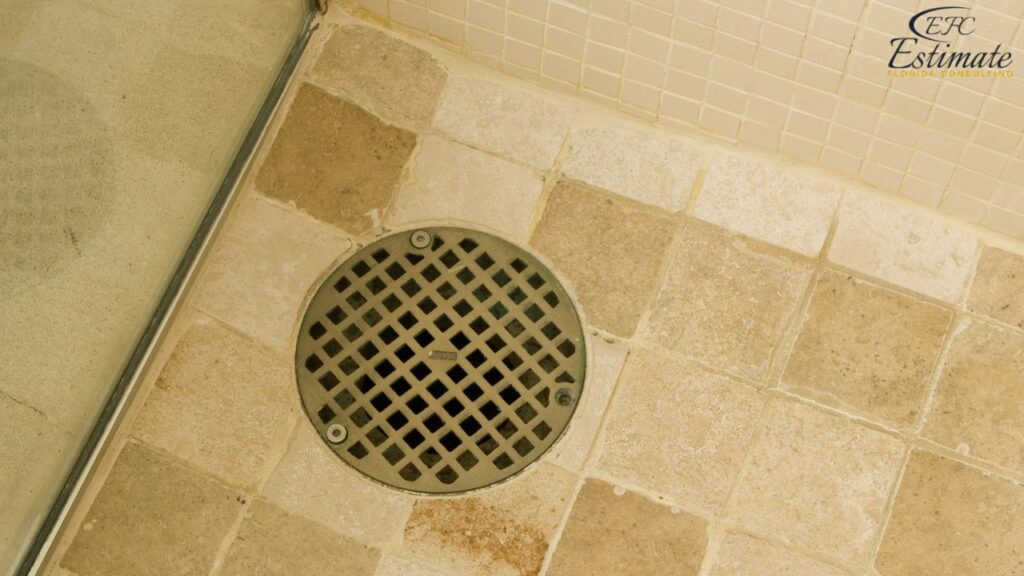
Proper installation is crucial to prevent leaks and ensure efficient water drainage in the shower, as any issues with drainage in a shower can lead to water damage in the bathroom and surrounding areas.
Garage Floor Drain:
Garage floor drains are used to prevent water accumulation in garages, which can result from washing vehicles or melting snow. The cost of a garage floor drain typically ranges from $40 to $120 for the material, with installation costs between $200 and $400. These drains are often made from heavy-duty materials like cast iron or galvanized steel to withstand the weight of vehicles and other equipment. Garage floor drains are typically placed in the center of the garage or along the perimeter, depending on the layout and drainage needs. Installing a garage floor drain typically involves cutting into the concrete floor and connecting the drain to an existing drainage system, which can increase the overall cost due to the labor involved. Proper drainage in a garage is essential not only for preventing water damage to the structure but also for maintaining a clean and safe environment, especially in climates where snow and ice are common.
Commercial Floor Drain:
Commercial floor drains are designed for use in commercial kitchens, industrial facilities, and other high-traffic areas where water and other liquids need to be efficiently drained. The cost of a commercial floor drain typically ranges from $100 to $300 for the material, with installation costs between $300 and $600. These drains are usually made from stainless steel or other corrosion-resistant materials to withstand heavy use and exposure to chemicals. Commercial floor drains often include features like removable grates for easy cleaning and may require more complex installation due to the need for integration with industrial drainage systems. In commercial kitchens, for example, drains must be capable of handling grease, food particles, and high volumes of water, making durable, easy-to-maintain designs essential. The cost is also influenced by factors like the size of the drain, the material used, and any additional features such as anti-slip grates or debris traps.
Backwater Valve Drain:
Backwater valve drains are equipped with a valve that prevents sewage or water from backing up into the building during heavy rains or floods. The cost of a backwater valve drain typically ranges from $50 to $150 for the material, with installation costs between $150 and $350. These drains are essential in areas prone to flooding or where the municipal sewer system is susceptible to backups. The backwater valve automatically closes when it detects reverse flow, preventing contaminated water from entering the building. The installation of a backwater valve drain is more complex than standard drains, as it involves integrating the valve into the existing plumbing system, which can increase labor costs. Backwater valves are a critical addition in homes or businesses located in flood-prone areas, providing peace of mind and protection against costly water damage. Proper installation and maintenance are crucial to ensure the valve operates correctly when needed, making it an essential investment for properties at risk of sewer backups.
Floor Drains Cost by Project Type
The overall cost of installing floor drains can vary widely depending on the specific project and the type of drain required. Whether you’re installing drains in a residential, commercial, or industrial setting, the costs will be influenced by the scope and complexity of the project.
Project Type | Estimated Cost (Purchase and Install) |
Basement Flood Prevention | $300 – $1,200 |
Commercial Kitchen Drainage | $500 – $1,500 |
Garage or Workshop Drainage | $400 – $1,000 |
Outdoor Patio Drainage | $600 – $2,000 |
Industrial Facility Drainage | $1,000 – $3,000 |
Bathroom Remodel with Shower Drain | $200 – $700 |
Commercial Kitchen Drainage:
Commercial kitchens require efficient drainage systems to handle the large volumes of water, grease, and food waste generated during food preparation. The estimated cost for installing floor drains in a commercial kitchen typically ranges from $500 to $1,500. This includes the cost of heavy-duty, corrosion-resistant drains, as well as the labor required to ensure proper installation and connection to the grease trap or sewer line. Proper drainage in commercial kitchens is critical for maintaining hygiene standards and preventing slip hazards, making this a necessary investment for food service establishments. The design and placement of floor drains in a commercial kitchen must take into account the layout of the space, the types of appliances and equipment used, and the specific needs of the operation to ensure that water and waste are efficiently managed.
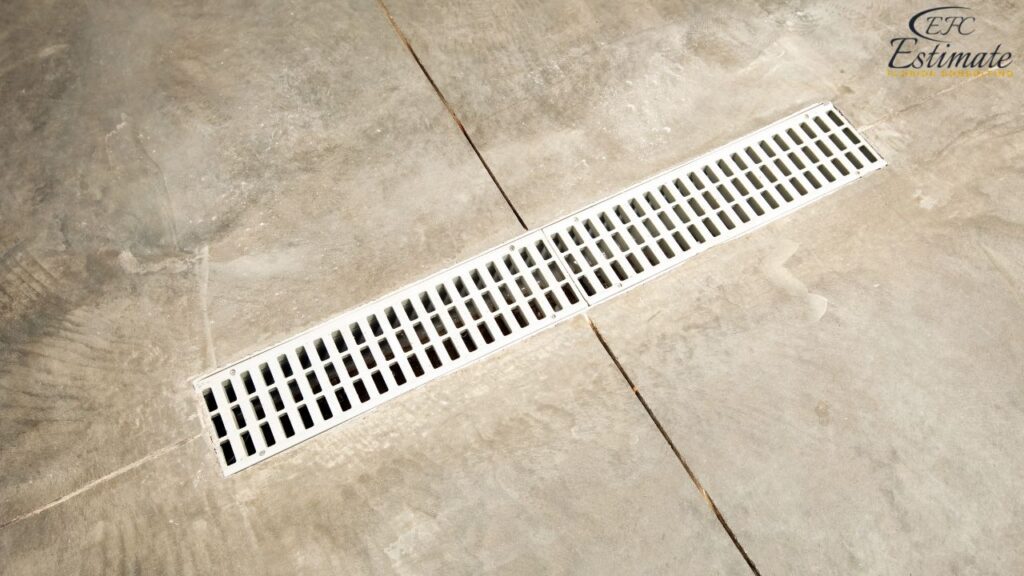
Garage or Workshop Drainage:
Garages and workshops benefit from floor drains that can handle runoff from vehicle washing, snowmelt, or spilled liquids. The estimated cost for installing floor drains in a garage or workshop typically ranges from $400 to $1,000. This cost includes the installation of durable drains capable of supporting the weight of vehicles and equipment, as well as the labor involved in connecting the drain to the appropriate drainage system. Ensuring proper drainage in these areas helps prevent water damage to tools, vehicles, and other valuable items stored in the space. In addition to protecting the structure, well-placed floor drains in garages and workshops help maintain a clean and safe environment, reducing the risk of accidents caused by slippery surfaces.
Outdoor Patio Drainage:
Outdoor patios and driveways often require trench drains or other drainage solutions to manage rainwater and prevent pooling. The estimated cost for installing outdoor patio drainage typically ranges from $600 to $2,000. This cost includes the installation of trench drains or other appropriate drainage systems, as well as the labor required to ensure proper slope and connection to the stormwater drainage system. Effective outdoor drainage helps maintain the usability of patios and driveways and prevents water damage to landscaping and structures. Proper drainage is especially important in areas with heavy rainfall, where water can quickly accumulate and cause erosion, damage to foundations, or other issues if not properly managed. The choice of drainage system for outdoor spaces will depend on factors such as the size and layout of the area, the expected water flow, and the aesthetic preferences of the homeowner.
Industrial Facility Drainage:
Industrial facilities require robust drainage systems to manage large volumes of water, chemicals, and other liquids. The estimated cost for installing floor drains in an industrial facility typically ranges from $1,000 to $3,000, depending on the size of the area and the type of materials being drained. This cost includes the installation of heavy-duty, corrosion-resistant drains and the labor required to integrate the drainage system with the facility’s existing infrastructure. Industrial drainage systems must be designed to handle harsh conditions and prevent contamination, making proper installation critical for maintaining a safe and compliant work environment. In industrial settings, drainage systems are often subject to stringent regulations and must be designed to withstand exposure to chemicals, oils, and other substances that could cause corrosion or blockages in standard drains. The design and installation of industrial drainage systems must also take into account the specific needs of the operation, including the types of materials being drained, the expected flow rates, and the maintenance requirements of the system.
Bathroom Remodel with Shower Drain:
Adding or replacing a shower drain during a bathroom remodel is a common upgrade that improves the functionality and appearance of the space. The estimated cost for installing a shower drain during a bathroom remodel typically ranges from $200 to $700. This cost includes the purchase of a high-quality shower drain, such as a linear or tile insert drain, and the labor required for installation. Upgrading the shower drain can enhance the overall aesthetic of the bathroom and ensure efficient water drainage, reducing the risk of water damage and mold growth in the bathroom and surrounding areas. During a bathroom remodel, choosing the right shower drain is essential for both the functionality and design of the space. Linear drains, for example, offer a sleek, modern look and can be placed along the edge of the shower or across the entire entrance, allowing for level flooring and easier access. Tile insert drains, on the other hand, blend seamlessly with the surrounding tile, creating a nearly invisible drainage solution that adds to the overall aesthetic of the bathroom. Proper installation of the shower drain is crucial to prevent leaks and ensure that water flows efficiently into the drain, minimizing the risk of water damage to the bathroom and adjacent rooms.
90% More Chances to Win Mechanical Bids with Our Estimate!
Additional Costs and Considerations
When budgeting for floor drain installation, there are several additional costs and considerations that can impact the total investment required. These factors should be taken into account to ensure a comprehensive budget.
Additional Cost | Estimated Cost |
Permit and Inspection Fees | $50 – $200 |
Concrete Cutting and Removal | $200 – $800 |
Plumbing Labor | $75 – $150 per hour |
Waterproofing | $100 – $500 |
Grate Covers and Accessories | $20 – $100 |
Maintenance and Cleaning | $50 – $150 per year |
Permit and Inspection Fees:
Depending on your location and the scope of your project, you may need to obtain permits and undergo inspections to ensure that your floor drain installation meets local building codes and safety standards. Permit and inspection fees typically range from $50 to $200. These fees ensure that the installation is done correctly and complies with all regulations, preventing potential issues down the line. In some areas, failing to obtain the necessary permits can result in fines or require you to redo the work, adding to the overall cost. It’s important to check with your local building authority to determine what permits are needed for your project and to factor these costs into your budget.
Concrete Cutting and Removal:
Installing floor drains often involves cutting into existing concrete floors, which requires specialized equipment and labor. The cost for concrete cutting and removal typically ranges from $200 to $800, depending on the size and thickness of the concrete. This process involves using a saw to cut through the concrete, followed by removing the cut sections to create space for the drain installation. Concrete cutting is a critical part of the installation process, especially in garages, basements, and industrial settings where the floor is typically made of concrete. The cost can vary based on the complexity of the job, the thickness of the concrete, and the location of the drain. In some cases, additional costs may be incurred if the concrete is reinforced with rebar or other materials that require extra effort to cut through.
Plumbing Labor:
The cost of plumbing labor can vary depending on the complexity of the installation, the location of the drains, and the local labor rates. Plumbing labor typically ranges from $75 to $150 per hour. Installing floor drains involves connecting the drain to the existing plumbing system, which may require running new pipes, making connections to the sewer or drainage system, and ensuring proper slope and flow. The total labor cost will depend on the number of drains being installed, the distance to the nearest plumbing connection, and any additional work required, such as installing backwater valves or integrating the drain with a sump pump. Skilled plumbing labor is essential to ensure that the drains function properly and that there are no leaks or other issues that could lead to water damage or code violations.
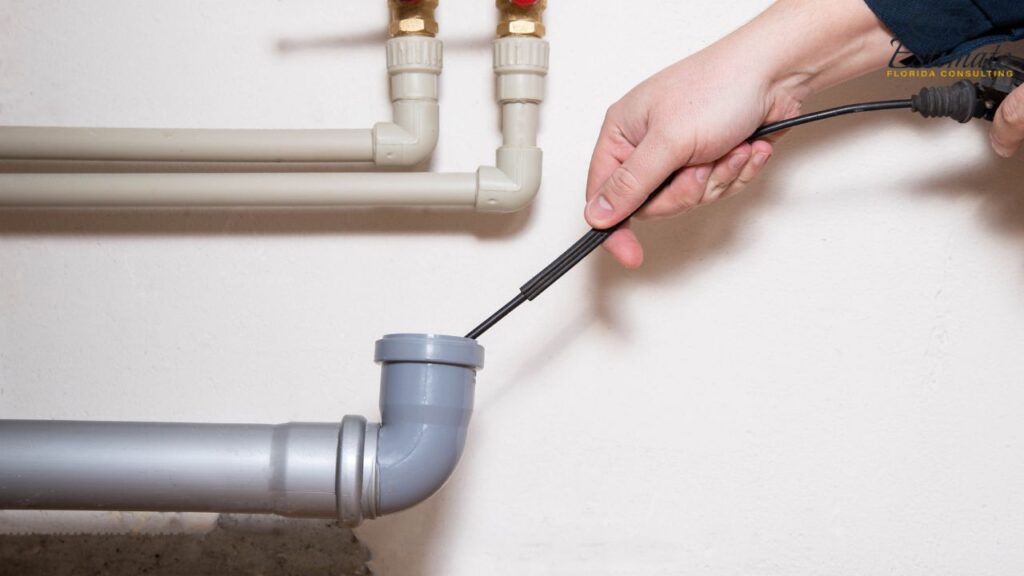
Waterproofing:
In areas prone to water intrusion, such as basements or bathrooms, it may be necessary to add waterproofing measures to protect the surrounding structures from water damage. Waterproofing costs typically range from $100 to $500, depending on the size of the area and the materials used. This may involve applying waterproof membranes, sealants, or coatings around the drain and the surrounding floor to create a barrier that prevents water from seeping into the underlying structure. Waterproofing is especially important in areas where the floor drain is installed in a low-lying area or where there is a risk of standing water. Proper waterproofing can prevent issues like mold growth, foundation damage, and other costly repairs, making it a worthwhile investment in areas where water exposure is a concern.
Grate Covers and Accessories:
Grate covers and other accessories, such as backwater valves, debris traps, or anti-slip coatings, can add to the overall cost of the floor drain installation. These additional components typically range from $20 to $100. Grate covers are available in various materials and designs, from simple plastic grates to heavy-duty stainless steel covers that provide additional durability and aesthetic appeal. Choosing the right grate cover and accessories depends on the specific needs of the installation site, such as the expected water flow, the presence of debris, or the need for slip resistance. High-quality grate covers can enhance the functionality and appearance of the drain while also providing additional protection against clogs or damage.
Maintenance and Cleaning:
Regular maintenance and cleaning of floor drains are essential to prevent clogs and ensure efficient water drainage. The cost for maintenance and cleaning typically ranges from $50 to $150 per year, depending on the type of drain and the frequency of use. Maintenance may include removing debris, cleaning the grate cover, and flushing the drain with water or a cleaning solution to remove any buildup. In commercial or industrial settings, where drains are used more frequently and may be exposed to grease, chemicals, or other substances, more frequent maintenance may be required to prevent clogs and ensure proper function. Regular maintenance helps extend the life of the drain and prevent costly repairs or replacements due to blockages or other issues.
Why Are Floor Drains Important?
Floor drains play a crucial role in maintaining the safety, cleanliness, and functionality of various spaces, from residential basements to commercial kitchens and industrial facilities. Investing in high-quality floor drains ensures efficient water management, protects your property from water damage, and maintains a safe environment for occupants. These drains are often the unsung heroes in a building’s infrastructure, working behind the scenes to manage water flow and prevent potential disasters.
Protection:
Floor drains are designed to remove excess water from floors, preventing flooding and water damage. In areas prone to spills, leaks, or heavy water usage, floor drains are essential for directing water to a safe disposal point. Properly installed and maintained floor drains can save you from costly repairs due to water damage, mold growth, and structural issues. In basements, bathrooms, laundry rooms, and other areas where water is frequently present, floor drains are the first line of defense against water-related problems. For example, in a residential basement, a well-placed floor drain can prevent flooding during heavy rains, protecting valuable items and reducing the risk of mold and mildew, which can lead to serious health problems and expensive remediation efforts.
Efficiency:
Floor drains provide an efficient way to manage water in environments where water flow is constant or where spills are likely. In commercial kitchens, for example, floor drains help maintain cleanliness and prevent accidents by quickly removing water, grease, and other liquids from the floor. In industrial settings, floor drains play a vital role in managing wastewater, ensuring that it is safely channeled away from work areas. By investing in the right floor drains for your space, you can enhance overall water management efficiency and reduce the risk of operational disruptions. For instance, in a large industrial facility, a network of strategically placed floor drains can handle the runoff from cleaning processes, ensuring that the work environment remains safe and compliant with regulations. Efficient drainage systems also contribute to lower maintenance costs by reducing the frequency and severity of water-related issues.
Safety:
Floor drains contribute to maintaining a safe environment by preventing water accumulation, which can lead to slippery surfaces and accidents. In public spaces, commercial facilities, and industrial settings, floor drains are essential for meeting safety regulations and ensuring that floors remain dry and safe for employees, customers, and visitors. Properly functioning floor drains reduce the risk of slips, trips, and falls, contributing to a safer and more compliant environment. In environments like hospitals or commercial kitchens, where safety and hygiene are paramount, a well-maintained floor drain system can prevent accidents that might otherwise result in injury, legal liability, or even operational shutdowns. Moreover, in public facilities such as sports centers or schools, ensuring that floor drains are in optimal condition can prevent accidents and injuries, fostering a safer environment for all users.
Conclusion
Floor drains are the unsung heroes of many residential, commercial, and industrial spaces, playing a crucial role in water management and safety. By understanding the various costs involved, including the type of drain, material, size, installation complexity, and additional expenses such as maintenance, you can plan your project effectively and ensure that all aspects are covered. The investment in high-quality floor drains, professional installation, and regular maintenance not only enhances the performance and longevity of your drainage system but also contributes to the safety, cleanliness, and efficiency of your space. Whether you are installing new floor drains or upgrading an existing system, this comprehensive guide will help you make informed decisions that align with your budget and performance expectations. Proper planning, attention to detail, and the use of quality materials will ensure that your floor drains project is a success, providing reliable service for years to come.
FAQs
A floor drains cost estimator is a tool or service designed to help you accurately determine the costs associated with installing or replacing floor drains in residential, commercial, or industrial spaces. It provides a detailed breakdown of costs, including materials, labor, and additional expenses, ensuring effective budgeting and planning for your project.
The cost of installing floor drains typically ranges from $300 to $2,000 or more per drain, depending on factors such as the type of drain, material, installation complexity, and labor costs. For example, a standard floor drain might cost between $30 and $150 for the material alone, while trench drains can range from $50 to $300 per linear foot.
Several factors influence the cost of floor drains, including:
- Type of Drain: Standard, trench, or specialty drains have different cost ranges.
- Material: Stainless steel, cast iron, PVC, or brass materials affect the price.
- Size: Larger drains generally cost more.
- Installation Complexity: Labor costs vary depending on the difficulty of the installation.
- Standard Floor Drain: $30 – $150 for material, $100 – $300 for installation.
- Trench Drain: $50 – $300 per linear foot for material, $250 – $500 per linear foot for installation.
- Specialty Floor Drain (e.g., grease traps): $100 – $500 for material.
The material of the floor drain significantly impacts the cost. For example:
- Stainless Steel: $100 – $500
- Cast Iron: $50 – $200
- PVC: $30 – $100
- Brass: $80 – $300 Each material offers different levels of durability, corrosion resistance, and suitability for various environments.
The size of the floor drain affects both the material cost and installation complexity. For example:
- 2-Inch Diameter: $30 – $100 for material
- 4-Inch Diameter: $50 – $200 for material
- 8-Inch Diameter or Larger: $100 – $500 for material Larger drains typically cost more and require more labor-intensive installation.
Labor costs for installing floor drains vary based on the complexity of the installation:
- Simple Installation: $100 – $300 per drain
- Moderate Installation: $300 – $700 per drain
- Complex Installation: $700 – $1,500 per drain
In addition to the cost of the drains and labor, consider the following additional costs:
- Permit and Inspection Fees: $50 – $200
- Concrete Cutting and Removal: $200 – $800
- Plumbing Labor: $75 – $150 per hour
- Waterproofing: $100 – $500
- Grate Covers and Accessories: $20 – $100
- Maintenance and Cleaning: $50 – $150 per year
Floor drains play a crucial role in maintaining safety by preventing water accumulation, which can lead to slippery surfaces and accidents. They also enhance efficiency by managing water flow in environments with frequent spills, leaks, or heavy water usage, such as commercial kitchens or industrial facilities.
Investing in high-quality floor drains ensures durability, efficient water management, and long-term cost savings. High-quality materials like stainless steel or brass provide excellent corrosion resistance and longevity, while professional installation reduces the risk of leaks, clogs, and other issues.
Estimate Florida Consulting offers specialized cost estimator services that help you plan and execute your floor drain installation or replacement project. Our services include detailed cost breakdowns, expert guidance on material selection, and comprehensive budgeting to ensure your project stays within budget and meets all safety and performance standards.
Using a cost estimator for floor drains provides you with accurate and detailed information about the expenses involved in your project. It helps you plan effectively, avoid unexpected costs, and ensure that your project is completed on time and within budget.
Comprehensive Trade-Specific Estimates
At Estimate Florida Consulting, we offer detailed cost estimates across all major trades, ensuring no part of your project is overlooked. From the foundation to the finishing touches, our trade-specific estimates provide you with a complete and accurate breakdown of costs for any type of construction project.
Our Simple Process to Get Your Estimate
Upload Plans
Submit your project plans, blueprints, or relevant documents through our online form or via email.
Receive Quotation
We’ll review your project details and send you a quote based on your scope and requirements.
Confirmation
Confirm the details and finalize any adjustments to ensure the estimate meets your project needs.
Get Estimate
Receive your detailed, trade-specific estimate within 1-2 business days, ready for your project execution.



Our Clients & Partners
We pride ourselves on building strong, lasting relationships with our clients and partners across the construction industry.
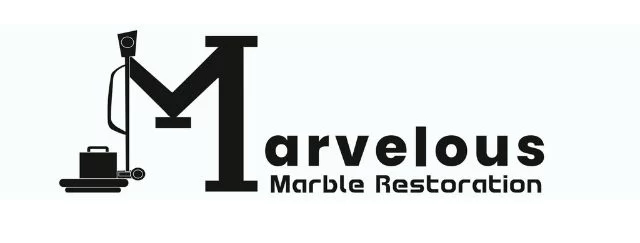
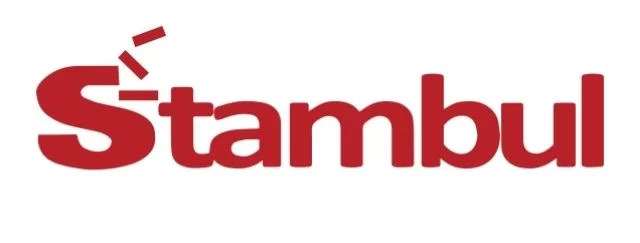
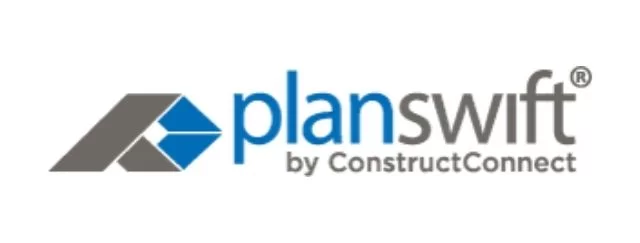
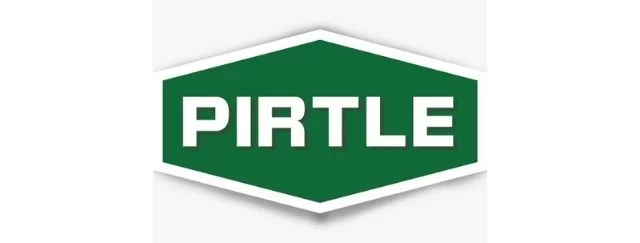

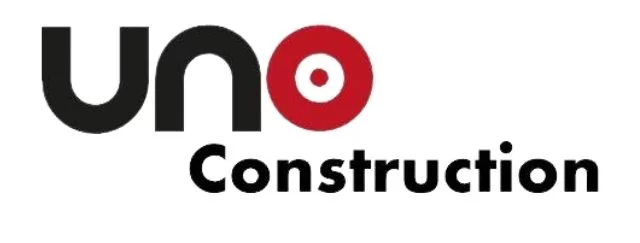
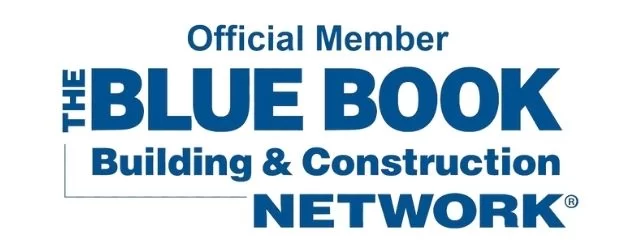
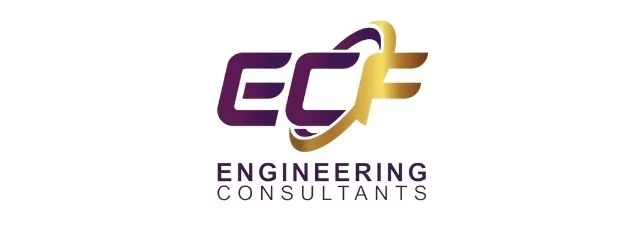
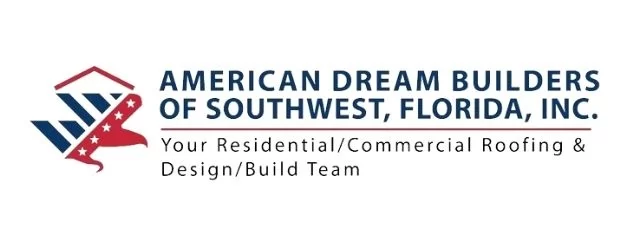


What Our Clients Say?
We take pride in delivering accurate, timely, and reliable estimates that help contractors and builders win more projects. Our clients consistently praise our attention to detail, fast turnaround times, and the positive impact our estimates have on their businesses.
Estimate Florida Consulting has helped us win more bids with their fast and accurate estimates. We trust them for every project!




